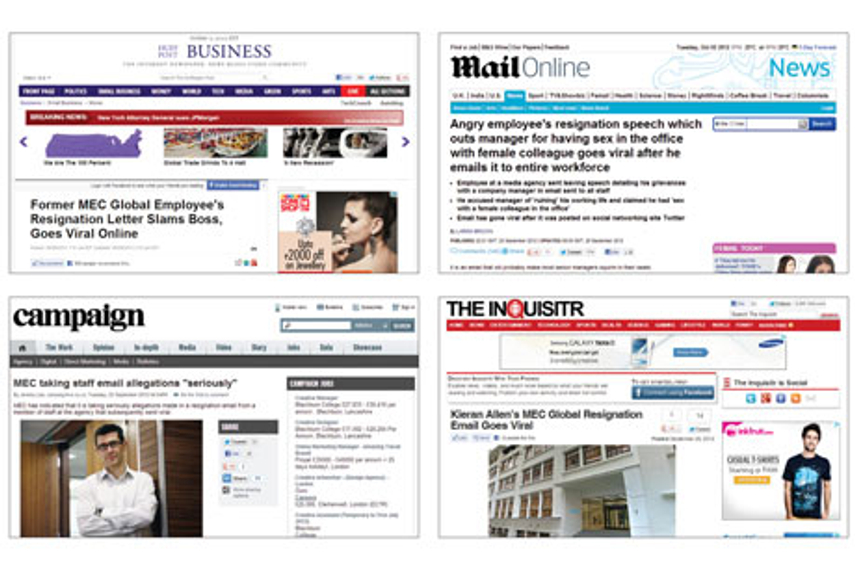
Please sign in or register
Existing users sign in here
Having trouble signing in?
Contact Customer Support at
[email protected]
or call+91 22 69489600
Shephali Bhatt finds out whether agencies here can avoid or deal with a crisis like MEC UK has found itself in

Contact Customer Support at
[email protected]
or call+91 22 69489600
Top news, insights and analysis every weekday
Sign up for Campaign Bulletins
Julia Hoffmann and Andrew McKechnie join the ChatGPT parent in new roles.
To maintain its leadership in the rapidly evolving beauty tech space, L’Oreal is partnering with startups to accelerate innovation, deliver personalised beauty experiences, and pioneer new technologies.
Global marketing director Richa Khera explains how the India-born ‘Green Yodha’ platform scales globally by tightening cultural guardrails and letting employees, not brand scripts, carry sustainability narratives.
A recent Kantar analysis found that very few festive ads succeed in delivering both cultural warmth and clear brand impact.